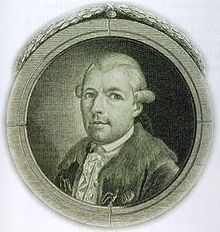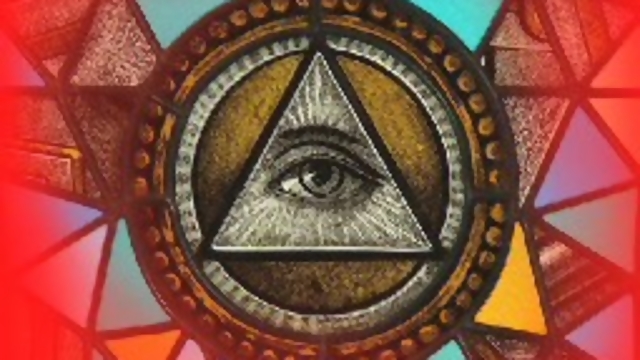| Online: | |
| Visits: | |
| Stories: |

| Story Views | |
| Now: | |
| Last Hour: | |
| Last 24 Hours: | |
| Total: | |
Illuminati Fully Exposed 2014 – The Secret Footage Released – (3HRS)
 The Illuminati (plural of Latin illuminatus, “enlightened”) is a name given to several groups, both real and fictitious. Historically, the name refers to the Bavarian Illuminati, an Enlightenment-era secret society founded on May 1, 1776 to oppose superstition, prejudice, religious influence over public life, abuses of state power, and to support women’s education and gender equality. The Illuminati—along with other secret societies—were outlawed by the Bavarian ruler, Charles Theodore, with the encouragement of the Roman Catholic Church, and permanently disbanded in 1785. In the several years following, the group was vilified by conservative and religious critics who claimed they had regrouped and were responsible for the French Revolution.
The Illuminati (plural of Latin illuminatus, “enlightened”) is a name given to several groups, both real and fictitious. Historically, the name refers to the Bavarian Illuminati, an Enlightenment-era secret society founded on May 1, 1776 to oppose superstition, prejudice, religious influence over public life, abuses of state power, and to support women’s education and gender equality. The Illuminati—along with other secret societies—were outlawed by the Bavarian ruler, Charles Theodore, with the encouragement of the Roman Catholic Church, and permanently disbanded in 1785. In the several years following, the group was vilified by conservative and religious critics who claimed they had regrouped and were responsible for the French Revolution.
In subsequent use, “Illuminati” refers to various organizations claiming or purported to have unsubstantiated links to the original Bavarian Illuminati or similar secret societies, and often alleged to conspire to control world affairs by masterminding events and planting agents in government and corporations to establish a New World Order and gain further political power and influence. Central to some of the most widely known and elaborate conspiracy theories, the Illuminati have been depicted as lurking in the shadows and pulling the strings and levers of power in dozens of novels, movies, television shows, comics, video games and music videos.

The movement was founded on May 1, 1776, in Ingolstadt (Upper Bavaria) as the Order of the Illuminati, with an initial membership of five, by Jesuit-taught Adam Weishaupt who was the first lay professor of canon law at the University of Ingolstadt. It was made up of freethinkers as an offshoot of the Enlightenment and seems to have been modeled on the Freemasons. The Illuminati’s members took a vow of secrecy and pledged obedience to their superiors. Members were divided into three main classes, each with several degrees, and many Illuminati chapters drew membership from existing Masonic lodges.
The goals of the organization included trying to eliminate superstition, prejudice, and the Roman Catholic Church’s domination over government, philosophy, and science; trying to reduce oppressive state abuses of power, and trying to support the education and treatment of women as intellectual equals. Originally Weishaupt had planned the order to be named the “Perfectibilists”. The group has also been called the Bavarian Illuminati and its ideology has been called “Illuminism”. Many influential intellectuals and progressive politicians counted themselves as members, including Ferdinand of Brunswick and the diplomat Xavier von Zwack, the second-in-command of the order. The order had branches in most European countries: it reportedly had around 2,000 members over the span of ten years. It attracted literary men such as Johann Wolfgang von Goethe and Johann Gottfried Herder and the reigning dukes of Gotha and Weimar.
In 1777, Karl Theodor became ruler of Bavaria. He was a proponent of Enlightened Despotism and his government banned all secret societies including the Illuminati. Internal rupture and panic over succession preceded its downfall. A March 2, 1785 government edict “seems to have been deathblow to the Illuminati in Bavaria”. Weishaupt had fled and documents and internal correspondences, seized in 1786 and 1787, were subsequently published by the government in 1787. Von Zwack’s home was searched to disclose much of the group’s literature.





Actually, the Bavarian Illuminati was a counterintelligence operation being run from a higher-level game board, in order to infiltrate and corrupt the real illuminati…
Adam Weishaupt and the Corrupted Illuminati
http://www.upwardvectorpubs.com/37awci.htm